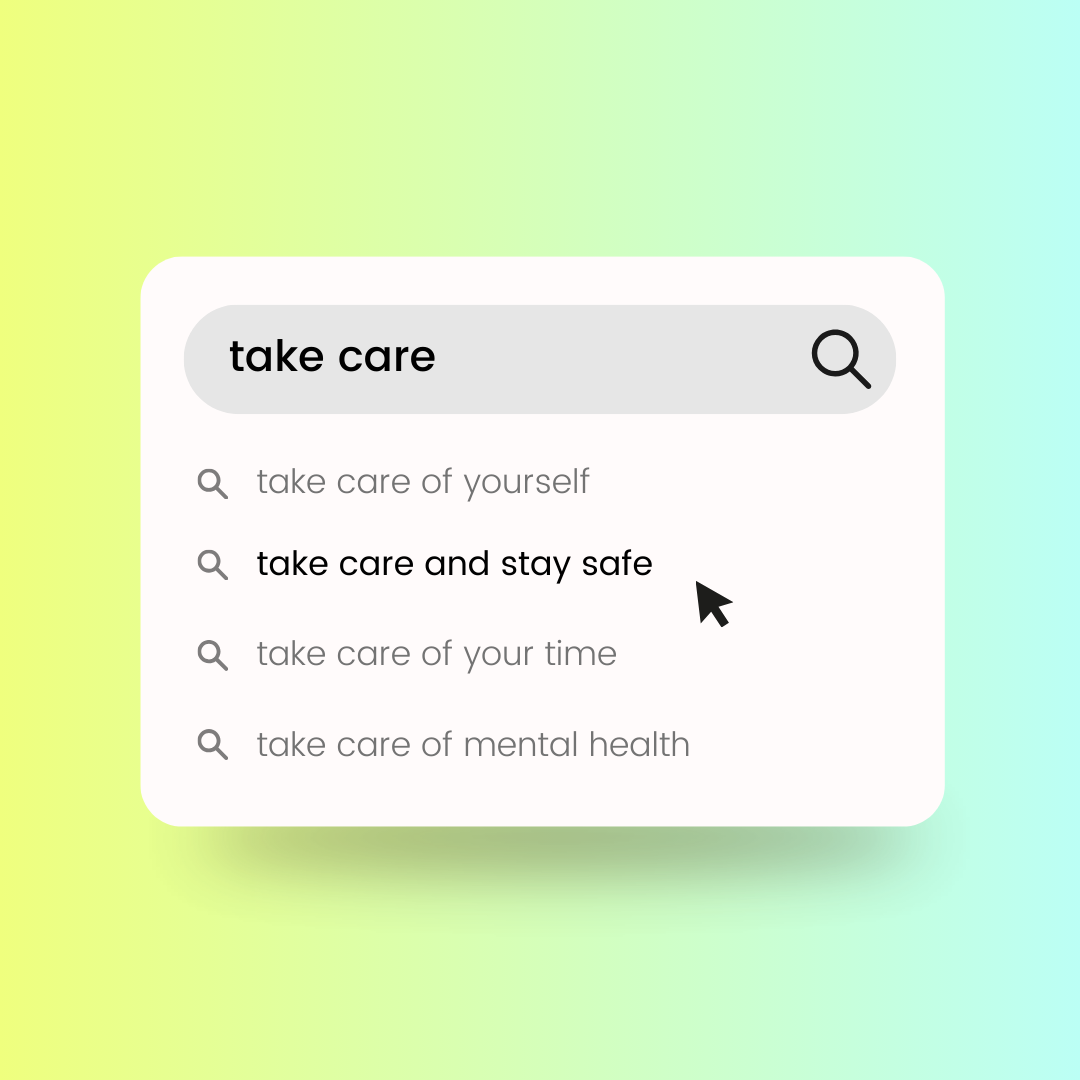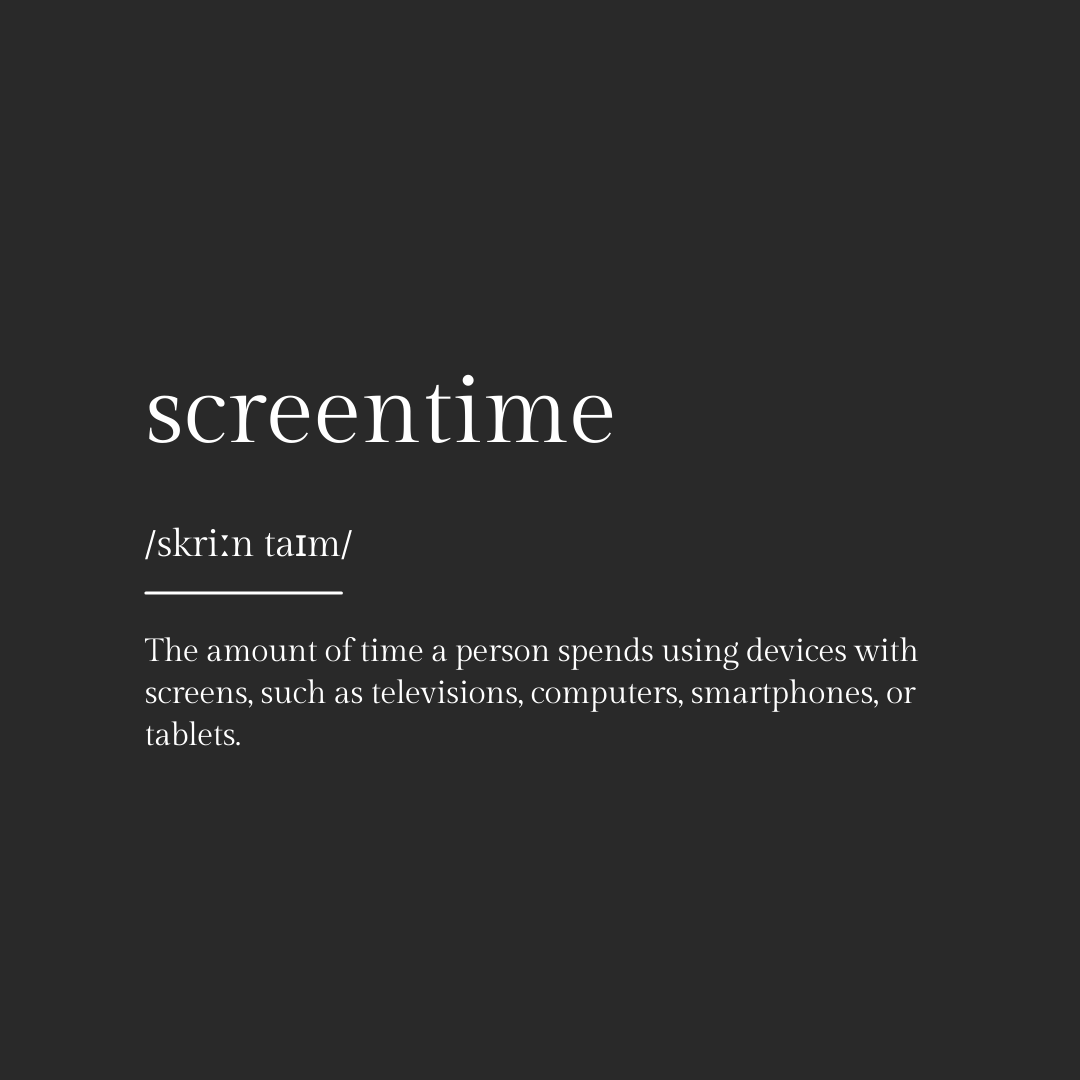Guarding Dreams and Data: Defeating Online Scholarship and Job Scams
This article explores prevalent online scams targeting scholarship and job seekers, as well as the rising issue of fake Instagram accounts that pose financial and personal data threats. It provides insights on recognizing red flags and safeguarding against these digital perils.

As the college season and holidays draw near, the search for scholarships and job opportunities intensifies among students and job-seekers. With the ever-expanding digital landscape, people often turn to various online platforms, including apps like Indeed and even the ever-popular TikTok.
However, the abundance of opportunities on the internet also creates a fertile ground for scams. This article explores two common scams that individuals should be aware of in their online endeavors: fraudulent scholarship and job schemes, and the rising issue of fake Instagram accounts that can lead to financial loss or personal data theft.
The Temptation of Scholarships and Job Offers
In the digital age, the quest for scholarships and job opportunities has taken on new dimensions. The internet has made it easier for individuals to search for, apply to, and secure these opportunities. However, this convenience comes with a price: the increased risk of falling victim to scams.
Fraudulent scholarship and job offers have become increasingly common, targeting individuals seeking financial assistance for their education or employment. Scammers exploit the vulnerability and urgency of these searches to deceive unsuspecting victims. These scams often take the form of enticing advertisements, emails, or social media posts, promising a fast track to financial stability.
Scholarship Scams
Scammers recognize that scholarships are not only a financial lifeline for many but also a symbol of academic and personal achievement. To capitalize on this, they create fraudulent scholarship offers that appear legitimate at first glance. These scams may promise substantial financial aid and use attractive and persuasive language to entice applicants.
Victims are often required to provide personal information, including sensitive data like Social Security numbers, financial information, and academic records, under the guise of application requirements.
Once scammers have this data in hand, they can commit identity theft or financial fraud, wreaking havoc on the lives of unsuspecting individuals. These scams can also result in significant financial loss, as victims may be asked to pay an application fee or provide “taxes” and “processing fees” to receive their purported scholarships. Unfortunately, the promised scholarships are nonexistent, and victims are left with shattered dreams and empty pockets.
Spotting the Red Flags
To protect oneself from falling victim to scholarship and job offer scams, it is essential to be vigilant and aware of common red flags:
- Too Good to Be True: If an offer seems too enticing and promises quick financial gain with minimal effort, it’s often a warning sign.
- Request for Personal Information: Legitimate scholarships and job applications typically do not require sensitive personal information like Social Security numbers or bank account details upfront.
- Suspicious Email Addresses: Pay close attention to the email addresses from which you receive offers. Official institutions and employers generally use domain-specific email addresses.
- Research the Organization: Verify the legitimacy of the scholarship or job provider by researching their website, contact information, and reputation.
- Avoid Upfront Payments: Legitimate scholarships and job opportunities do not require applicants to pay fees or provide financial information before the selection process.
Preventing Instagram Scams
To protect oneself from Instagram impersonation scams, it’s essential to exercise caution and adhere to best practices:
- Verify Accounts: Always double-check the authenticity of accounts that approach you or offer deals that seem too good to be true.
- Use Strong Privacy Settings: Regularly review and strengthen your Instagram privacy settings to control who can interact with your account.
- Be Skeptical: Approach unsolicited messages and offers with skepticism. Verify the legitimacy of contests, deals, or giveaways by checking the official page or website of the involved entity
- Educate Yourself: Stay informed about common scam tactics and raise awareness among your peers to collectively combat online deception.

Author: Dayanara, 17
NoFiltr Youth Innovation Council, Digital Resource Expert
Need to talk?
Text NOFILTR to 741741 for immediate assistance.








